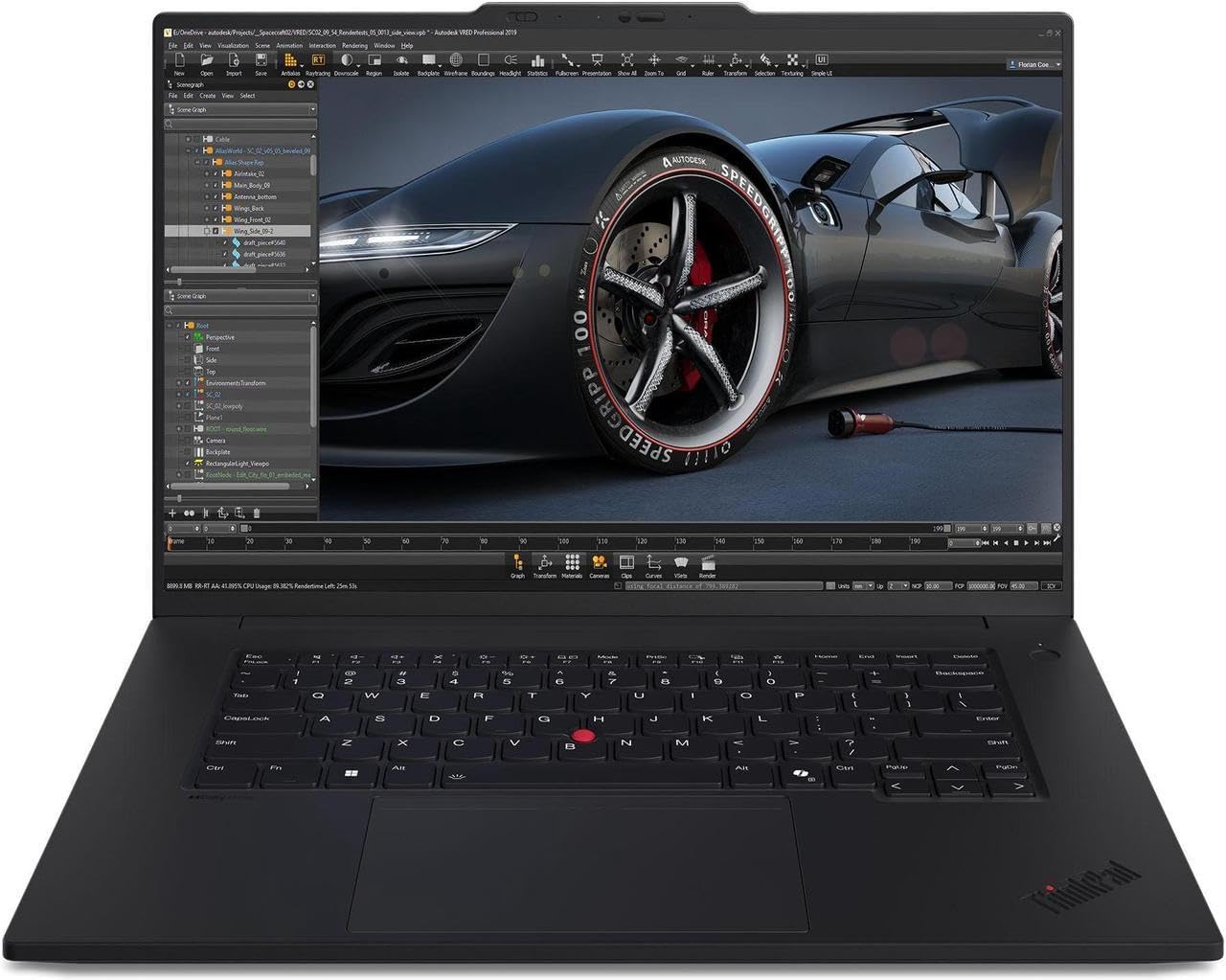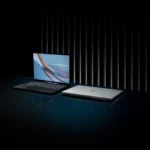Let’s be real — running Kali Linux isn’t like running Windows or macOS. You’re not just checking emails or streaming Netflix; you’re working with virtual machines, wireless adapters, network scans, and a ton of tools that demand raw power and stable hardware.
Whether you’re into ethical hacking, penetration testing, or cybersecurity training, your laptop is your main weapon. And not all machines are built equal when it comes to Linux compatibility — especially Kali.
So in this guide, we’ll break down the best laptops for Kali Linux in 2025, tested for compatibility, performance, battery life, and that all-important Wi-Fi chipset support. We’ll also share pros and cons, quick buying tips, and a comparison table so you can pick the right model for your setup — without wasting hours troubleshooting drivers.
Also Read: Best Laptops for Engineering Students
What Makes a Laptop Great for Kali Linux?
Before we get into models, let’s make sure we’re on the same page about what really matters.
✅ Key Requirements
- Processor (CPU): Go for modern Intel or AMD chips (Intel 12th/13th/14th Gen or AMD Ryzen 6000/7000). Multi-core is essential for virtualization.
- Memory (RAM): Minimum 16 GB, but 32 GB if you run VMs or heavy testing environments.
- Storage: SSD is non-negotiable. Prefer NVMe (512GB–1TB).
- Wi-Fi Chipset: Intel AX200 or AX210 modules are the gold standard for Linux. Avoid Broadcom if you can.
- Ports: At least one USB-A and one USB-C for adapters and wireless testing gear.
- Battery Life: Crucial for fieldwork. Aim for 6+ hours of active use.
- Repairability: Linux-friendly hardware often means upgrade-friendly, too.
Also Read: Kali Linux System Requirements
Top 5 Best Laptops for Kali Linux
### 🥇 1. System76 Lemur Pro / Oryx Pro – Best Overall Linux Experience
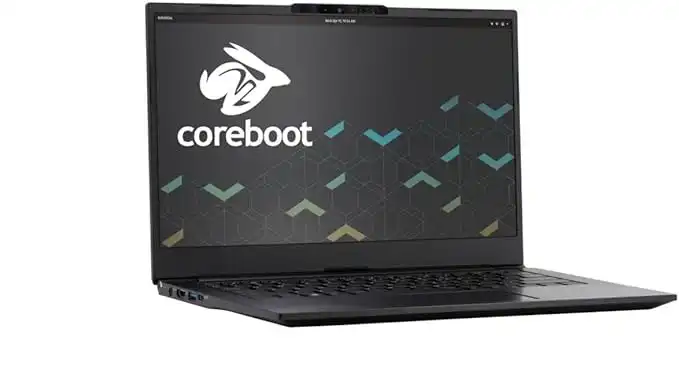
Why it stands out:
System76 builds laptops specifically for Linux. Their machines come preloaded with Pop!_OS (based on Ubuntu), which makes installing Kali Linux smooth and fast. The hardware is open, the firmware is well-documented, and you get full community and vendor support.
Specs Recommendation:
- Intel Core i7 (13th or 14th Gen)
- 32 GB DDR5 RAM
- 1 TB NVMe SSD
- Intel AX210 Wi-Fi
- 14″ / 16″ Display
Pros:
- Perfect Linux compatibility
- Excellent battery life
- No driver headaches — everything just works
Cons:
- Slightly higher price than generic laptops
- Simple design, not flashy
💡 Pro tip: If you want a ready-to-go Linux machine, this one is unbeatable.
### 🧰 2. Framework Laptop (13 or 16) – The Most Repairable and Upgradeable Laptop for Kali
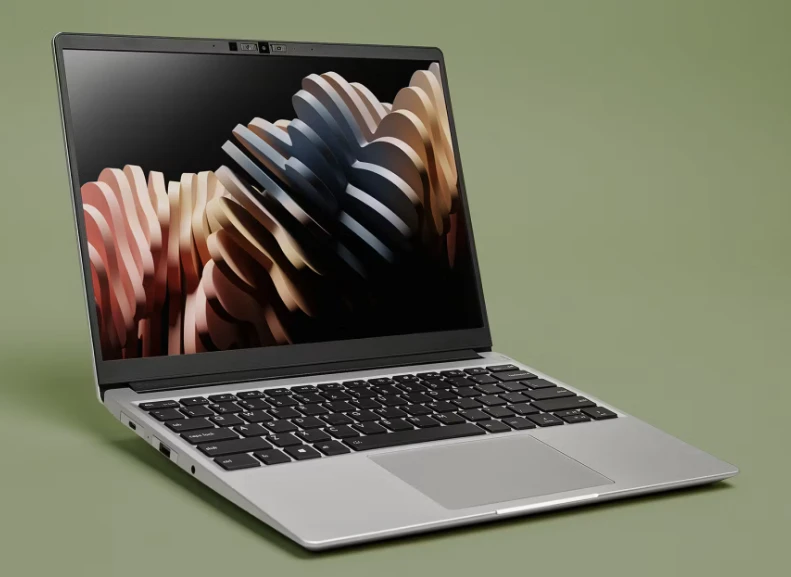
Why it stands out:
Framework’s modular design is a dream for techies. You can replace almost anything — RAM, SSD, even Wi-Fi cards — with zero hassle. Plus, Framework publishes official Linux guides, including community tutorials for Kali Linux installs.
Specs Recommendation:
- Intel Core i7 (13th Gen or newer)
- 16–32 GB RAM
- 1 TB NVMe SSD
- Intel AX210 Wi-Fi
Pros:
- Fully modular and repairable
- Excellent community documentation for Linux
- Future-proof — keep upgrading parts instead of buying new
Cons:
- Costs a bit more up front
- Minimalist design might not appeal to everyone
💡 Pro tip: Perfect if you love tinkering or swapping Wi-Fi cards for specialized pentesting.
### 💼 3. Lenovo ThinkPad X1 Carbon / T14 / X13 – The Business Classic
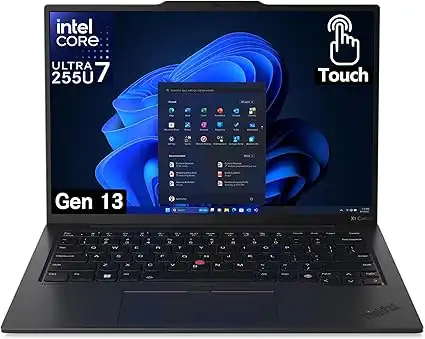
Why it stands out:
ThinkPads are legendary in the Linux community. Solid build, great keyboard, long lifespan — and tons of documentation online. Lenovo even provides official Linux compatibility notes for many models.
Specs Recommendation:
- Intel Core i7 (13th Gen or newer) or AMD Ryzen Pro
- 16–32 GB RAM
- 1 TB NVMe SSD
- Intel AX210 Wi-Fi
Pros:
- Excellent keyboard and build quality
- Long battery life
- Proven Linux performance
Cons:
- Some models use Broadcom Wi-Fi (check before buying)
- Premium price tag
💡 Pro tip: ThinkPads are battle-tested. If you want reliability, this is your pick.
### ⚙️ 4. Dell XPS 13 / Latitude / Precision – Best Mainstream Choice
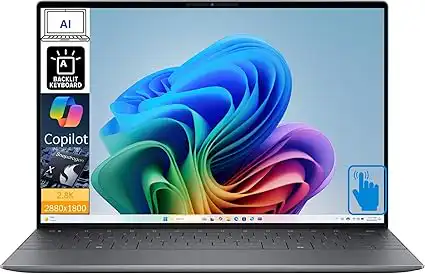
Why it stands out:
Dell offers several models that officially support Linux. The XPS line delivers powerful specs and great displays, while the Latitude and Precision series shine in professional environments. Many cybersecurity professionals use Dell for daily Linux work.
Specs Recommendation:
- Intel Core i7 (13th Gen or newer)
- 16–32 GB RAM
- 512GB–1TB SSD
- Intel Wi-Fi module
Pros:
- Great build and display
- Strong Linux community support
- Dell provides Linux ISO images for some models
Cons:
- Touchpads and fingerprint readers sometimes need extra setup
- Pricier than budget machines
💡 Pro tip: XPS models with Intel Wi-Fi cards are nearly plug-and-play with Kali.
### 💻 5. Tuxedo Pulse / Slimbook Titan – Best for European Linux Users
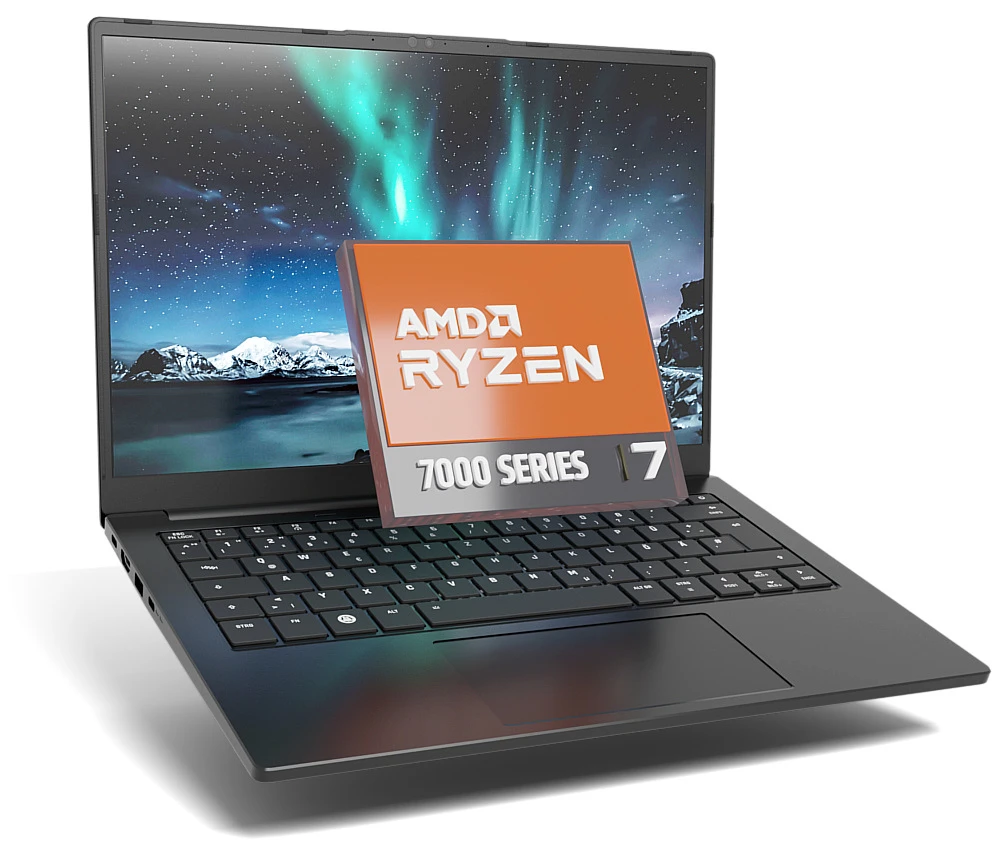
Why it stands out:
Both Tuxedo and Slimbook sell Linux-only laptops optimized for various distros, including Ubuntu, Debian, and Kali. They preinstall Linux, so everything — drivers, firmware, and power management — works out of the box.
Specs Recommendation:
- AMD Ryzen 7 / Intel Core i7
- 32 GB RAM
- 1 TB NVMe SSD
- Linux-optimized firmware
Pros:
- 100% Linux-ready
- Great customization options
- Ideal for EU-based users
Cons:
- Shipping may take longer outside Europe
- Support quality depends on region
💡 Pro tip: Great value if you want a hassle-free Linux laptop shipped preconfigured.
Comparison Table: Top Laptops for Kali Linux 2025
| Model | Linux Compatibility | RAM | Wi-Fi Chipset | Best For |
|---|---|---|---|---|
| System76 Lemur Pro | ★★★★★ | 32 GB | Intel AX210 | Plug-and-play Linux use |
| Framework Laptop | ★★★★★ | 16–64 GB | Intel AX210 | Repairability & upgrades |
| Lenovo ThinkPad X1 | ★★★★☆ | 32 GB | Intel AX210 | Business reliability |
| Dell XPS / Latitude | ★★★★☆ | 32 GB | Intel AX210 | Balanced performance |
| Tuxedo / Slimbook | ★★★★★ | 32–64 GB | Linux-native | Hassle-free setup |
Tips for Installing and Running Kali Linux Smoothly
- Check Wi-Fi compatibility first.
Intel cards (AX200/AX210) are your safest bet. Avoid Broadcom if possible. - Keep your kernel updated.
Kali performs best with the latest Linux kernel, improving driver support and performance. - Use a separate USB Wi-Fi adapter.
If you’re into wireless security, get a dedicated USB Wi-Fi adapter (like Alfa AWUS036ACH) for packet injection. - Enable virtualization in BIOS.
If you use VirtualBox or VMware for testing environments, enable VT-x/AMD-V before installing Kali. - Dual-boot or VM setup.
If you’re new, start with a dual-boot or virtual machine setup before going full native install.
FAQs
Honestly, it depends on what you value most. If you want something that just works out of the box, System76 Lemur Pro or Framework Laptop are the easiest and most reliable choices. If you prefer a well-built business machine, Lenovo ThinkPads and Dell XPS models are also excellent once properly configured.
Technically, yes — but not every laptop plays nice with it. Some Wi-Fi chips, touchpads, and fingerprint readers can cause headaches. If you pick a model with Intel Wi-Fi and avoid certain Broadcom chipsets, your setup will be much smoother.
Not really. Kali itself isn’t heavy, but the tools you use can be. If you run multiple virtual machines, password-cracking utilities, or large data sets, go for at least 16GB RAM and a modern multi-core CPU. Otherwise, even a mid-range laptop will handle it just fine.
Final Thoughts: The Perfect Kali Linux Laptop in 2025
If you’re serious about cybersecurity or ethical hacking, investing in a Linux-friendly laptop saves you countless headaches later.
- For plug-and-play performance: go with System76 Lemur Pro.
- For long-term flexibility: the Framework Laptop wins.
- For business-grade reliability: ThinkPad or Dell XPS never disappoint.
- For out-of-the-box Linux experience in Europe: choose Tuxedo or Slimbook.
Each of these machines runs Kali Linux flawlessly with minimal setup, strong hardware, and full driver support. Choose the one that fits your workflow — and get back to doing what you love: building, testing, and securing real systems.
How to Choose the Best Laptop for Kali Linux
Time needed: 10 minutes
Learn how to pick a laptop that runs Kali Linux smoothly — with the right specs, compatibility, and reliability for real-world use.
- Check Hardware Compatibility
Before anything else, make sure the laptop’s components play nicely with Linux. Look for Intel Wi-Fi chipsets (AX200 or AX210), modern multi-core CPUs, and NVMe SSD storage. Avoid laptops that use Broadcom Wi-Fi or unfamiliar fingerprint readers—they often require extra drivers or workarounds.
- Match the Laptop to Your Use Case
Decide what kind of work you’ll be doing. If you run penetration tests or virtual machines, aim for 32 GB of RAM and a Core i7 or Ryzen 7 processor. If you’re a student or learning cybersecurity basics, 16 GB RAM and a mid-range chip will be plenty. Always prioritize battery life if you’ll work in the field.
- Pick a Linux-Friendly Brand
Choose brands known for their Linux support: System76, Framework, Lenovo ThinkPad, Dell XPS/Latitude, or Tuxedo. These have solid driver compatibility and strong user communities. Once you’ve chosen, install Kali Linux directly or through a virtual machine for a stable, hassle-free setup.

